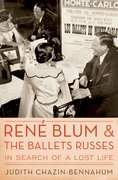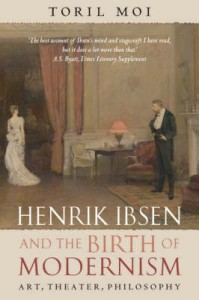She danced like a lilac flame: the other Astaire
By Kathleen Riley
I am writing this on Shakespeare’s birthday, 23rd April, and it strikes me how apposite are Beatrice’s words in Much Ado to the birth, on 10th September 1896, of Adele Marie Austerlitz, later Adele Astaire, a personality and a performer of infinite, inextinguishable and irresistible mirth. In London in the 1920s, she was depicted as a misplaced Shakespearean sprite who ‘should be dancing by glow-worm light under entranced trees on a midsummer eve with a rout of elves, after drinking rose-dew.’















